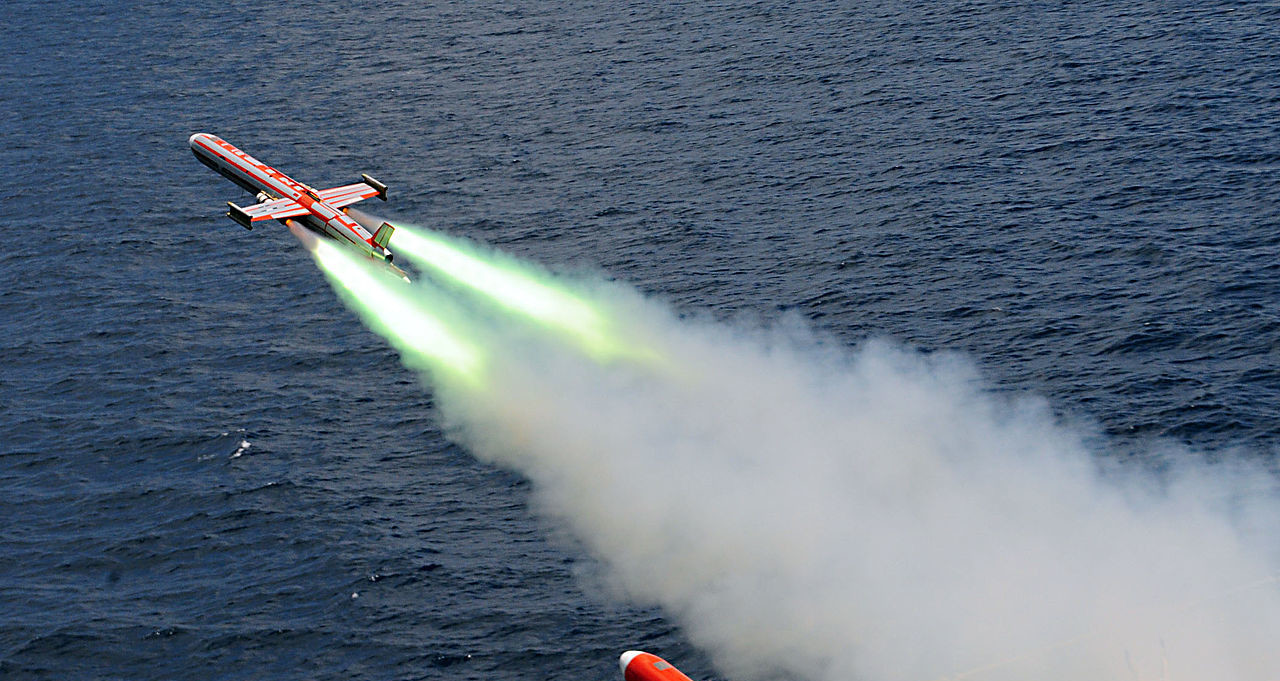It appears we have had two wartime technology questions in the last few months. Both have left me with the same question: Why does the manner in which someone is killed change the legal ramifications of the killing?
First, we had Senator Paul’s filibuster about use of drone strikes within the United States. He made some points, but I did not understand why the drone matters. If the president were to order a drone strike to blow up a house in LA, why is that legally different from the president ordering a SWAT team to go to that house and kill everybody inside? Both would be a strike by the US on its own citizens. CNN and all the other news shows seem to think this makes a difference. I want to know why.
The New Yorker’s Hendrick Hertzberg wrote:
“Drones are different…nor are there many who maintain that drones are just another weapon whose use should be subject to no more checks or restraints than an infantryman’s rifle. The drone debate has for the most part been conducted in a remarkably earnest and nuanced manner—in the press, in Congress, online, on campuses and in churches, and (not least) in these pages and pixels.”
I ask Mr. Hertzberg: why are they different legally when the target ends up just as dead?
Second, we have the use of chemical weapons in Syria. For over two years Syria has been killing its own people. Some estimates put the number dead around 100,000. Why is the technology used to kill them legally different because it is a chemical weapon? Secretary Kerry and president Obama says it is. Before chemical weapons were used, it seemed America could turn a blind eye. Now we cannot. International law seems different if you kill your own citizens by mortar or by poison.
Even the New York Times’ Ross Douthat, in his writing supporting the strike, admitted: “saying dictators can kill their citizens with bullets but not gas seems arbitrary.”
Why is that? Lots of respected people including Mr. Hertzberg, President Obama, Secretary Kerry, Secretary Hagel, Senators Paul and McCain, all say the technology makes a legal and moral difference. Why is it the means, in both of these cases, and not the ends, that determine law and policy?

RT @BWolkon: @dgsheridanjr just wrote the 1st @BrownBPR National post of 2013! Check it out http://t.co/qgYU5adjpP #Syria #SyriaCrisis @Bro…
Our legal system is riddled with punishments and laws that take into account the ‘means’. Why do we have different degrees of murder if they all end up dead? Why is there ‘hate crime’, if the gay or black person is just dead regardless of the racist intent of the murderer? Gun crime (armed robbery) vs. non-gun crime (robbery)? Certain means to crime (like automatic weapons) banned but others (pistols, knives, fists) not?
But even if there is a precedent for treating means/intents/other ‘non-ends’ as valid concerns in the courtroom, the question still stands here: Why are these means singled out for attention by the likes of anti-war protesters and Rand Paul?
Well, there’s a reason we ban automatics and not semi-autos. There’s a reason we are sanctioning Iran over their nuclear program, even though they could just buy guns and tanks and invade/conquer a country that way. Certain weapons contain more of a proclivity for death and misuse. Drones are easier to send into battle, maintain in combat positions, transport, buy and kill people with than soldiers, even along with the various privacy concerns with government cameras always being in the skies.
And even though I don’t support intervention in Syria (nor the sanctions we currently have on Iran for that matter), gas is different than bullets – it is more indiscriminate, more inhumane. At least there’s the capacity to aim with a gun. When you release gas in a street it’s hard to target it at your enemies.
Though I don’t prescribe to all the legislative proposals people construct to combat means instead of ends, this thinking has a logical basis, and precedence in the gun control debate, arms treaties and Iranian sanctions and has enough validity to treat it as a respectable theory when talking about chemical weapons and drones.
@dgsheridanjr just wrote the 1st @BrownBPR National post of 2013! Check it out http://t.co/qgYU5adjpP #Syria #SyriaCrisis @BrownUniversity